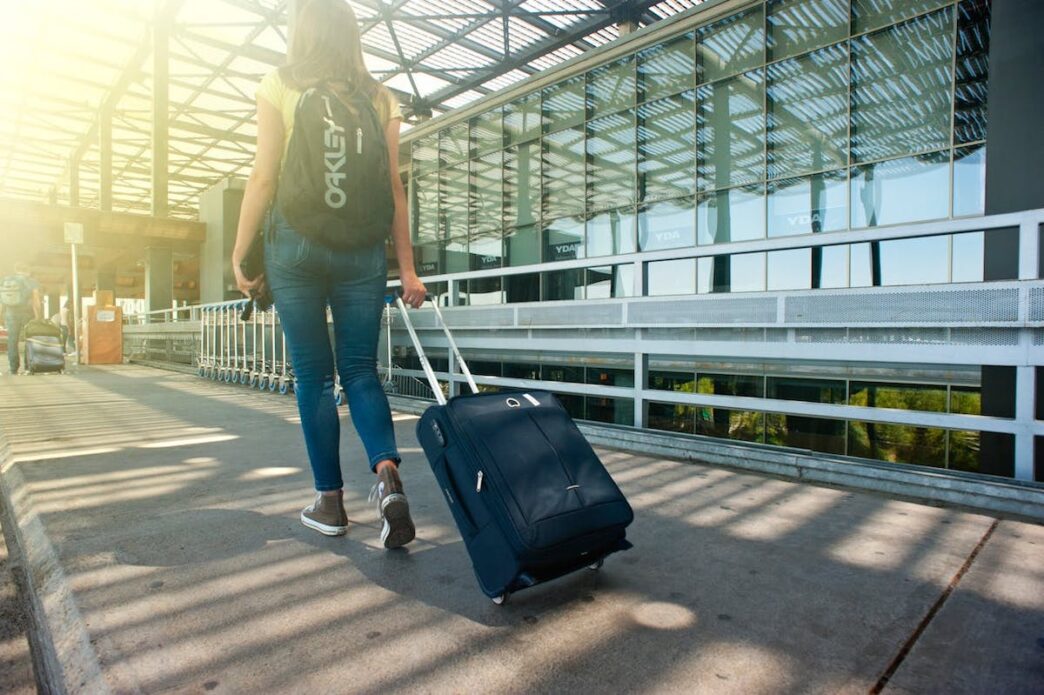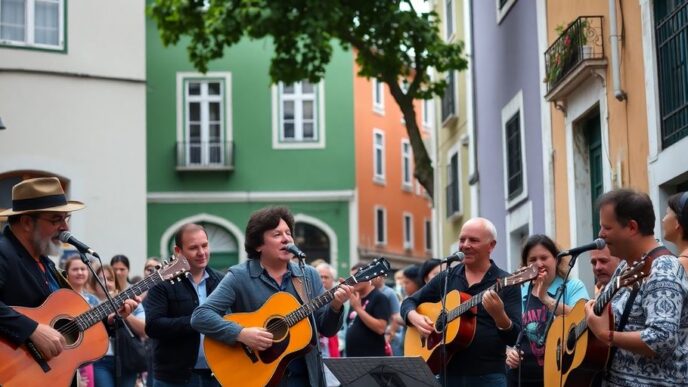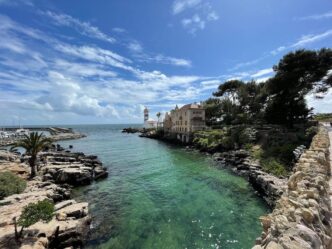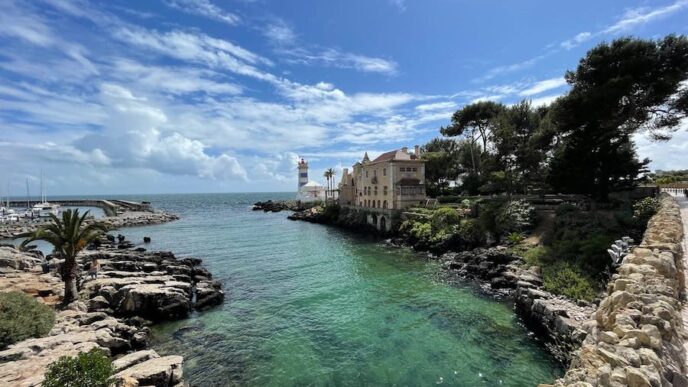Portugal’s tourist tax, known as the “taxa turística,” is a fee levied by certain municipalities on overnight stays in tourist accommodations. The primary objective is to generate revenue for enhancing local infrastructure, preserving cultural heritage, and mitigating the impacts of tourism. The specifics of this tax, including rates and applicability, vary across different cities and regions.
Impact on British and U.S. Tourists
For travelers from the UK and the U.S., the tourist tax represents a modest additional cost to accommodation expenses. Typically ranging from €1 to €4 per person per night, the tax is generally capped after a certain number of nights. This fee is collected directly by the accommodation provider, either at the time of booking or during check-in/check-out. It’s important to note that the tax applies uniformly to all tourists, regardless of nationality.
Tourist Tax Rates in Selected Portuguese Cities
- Lisbon: As of September 1, 2024, Lisbon increased its tourist tax to €4 per person per night, applicable to guests aged 13 and over, for up to seven consecutive nights.
- Porto: Porto has raised its tourist tax from €2 to €3 per person per night, applicable throughout the city.
- Faro: In the Algarve region, Faro charges €2 per person per night from April to October, and €1 per person per night from November to March.
- Olhão: Olhão implements a tourist tax of €2 per person per night during the high season (April to October) and €1 per person per night during the low season (November to March), capped at five nights.
Exemptions and Considerations
Exemptions to the tourist tax often include children under a certain age (commonly 13) and guests traveling for medical reasons. However, these exemptions can vary by municipality. It’s advisable for travelers to check with their accommodation providers or local tourist information centers for specific details.
Planning Your Visit
When planning a trip to Portugal, it’s prudent to account for the tourist tax in your budget. While the additional cost per night is relatively small, it can accumulate over longer stays. Staying informed about the specific rates and regulations in your chosen destination will help ensure a smooth and enjoyable visit.
For the most current information, consult official municipal websites or contact your accommodation provider directly.














